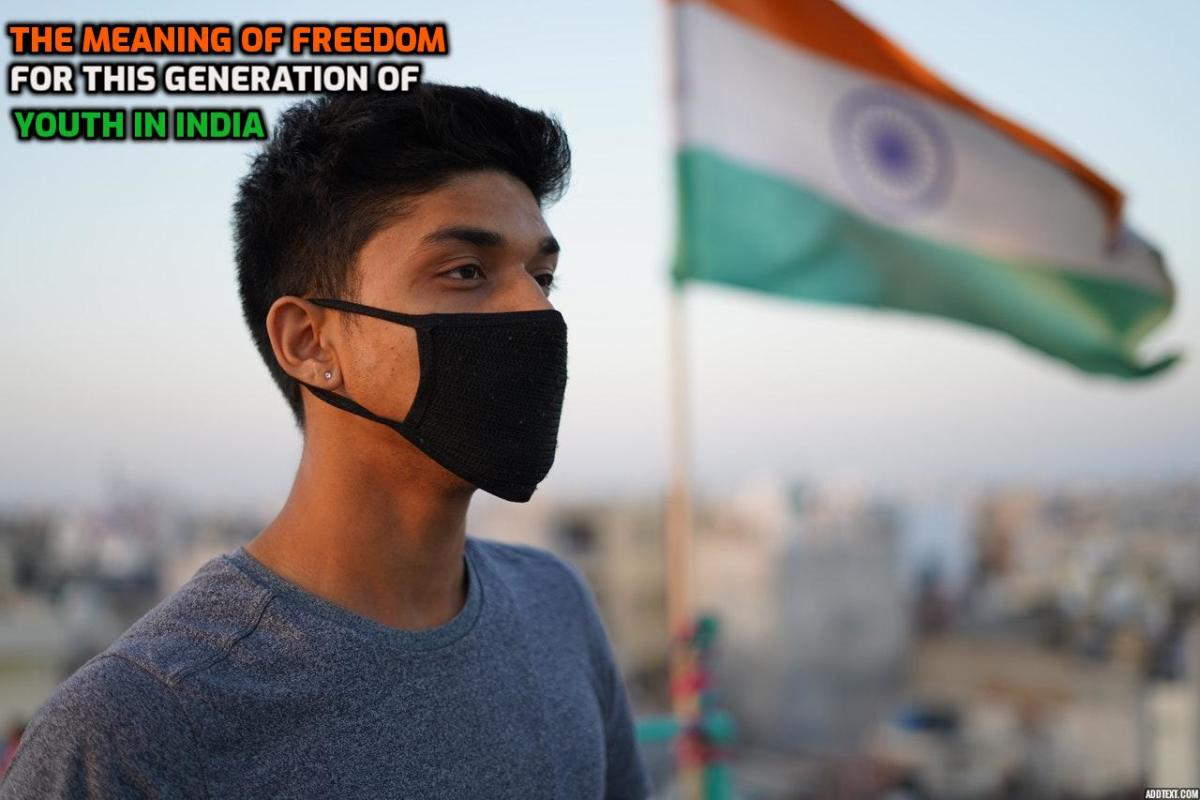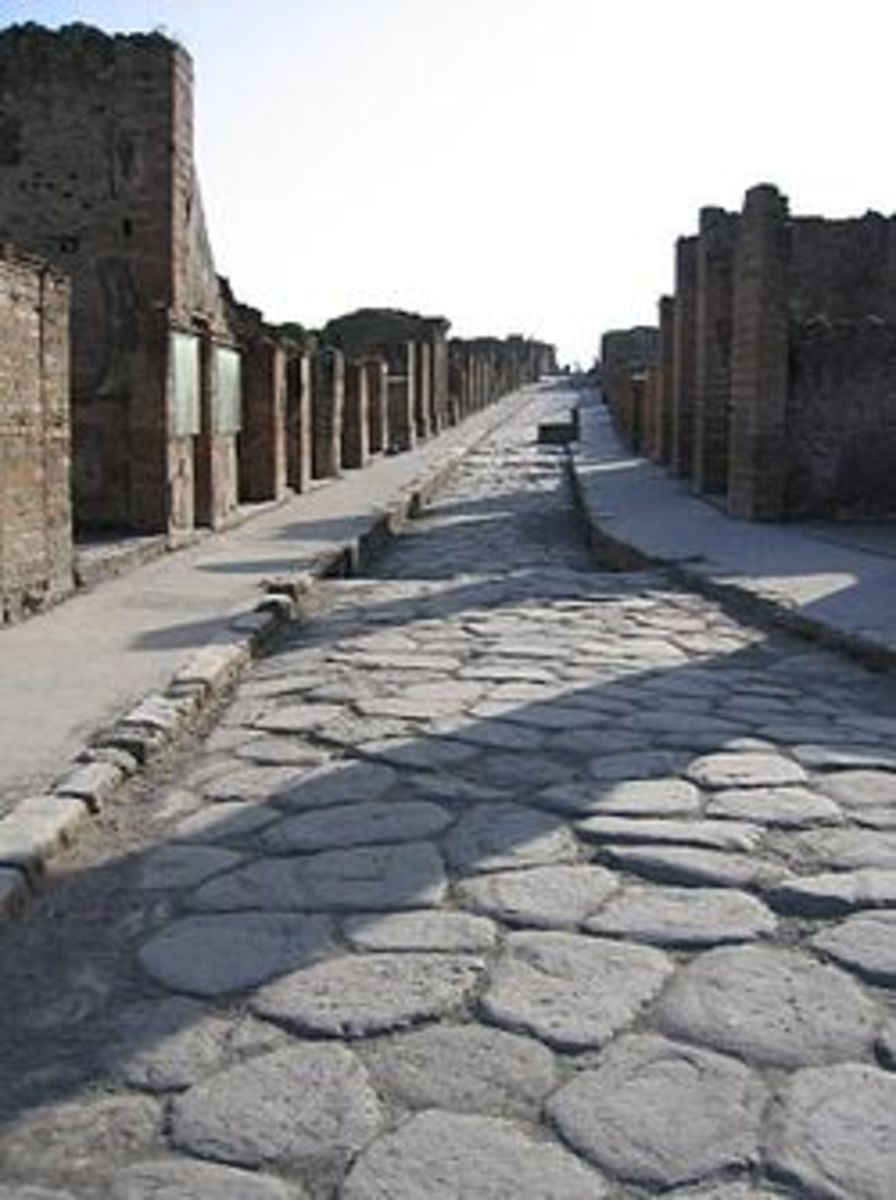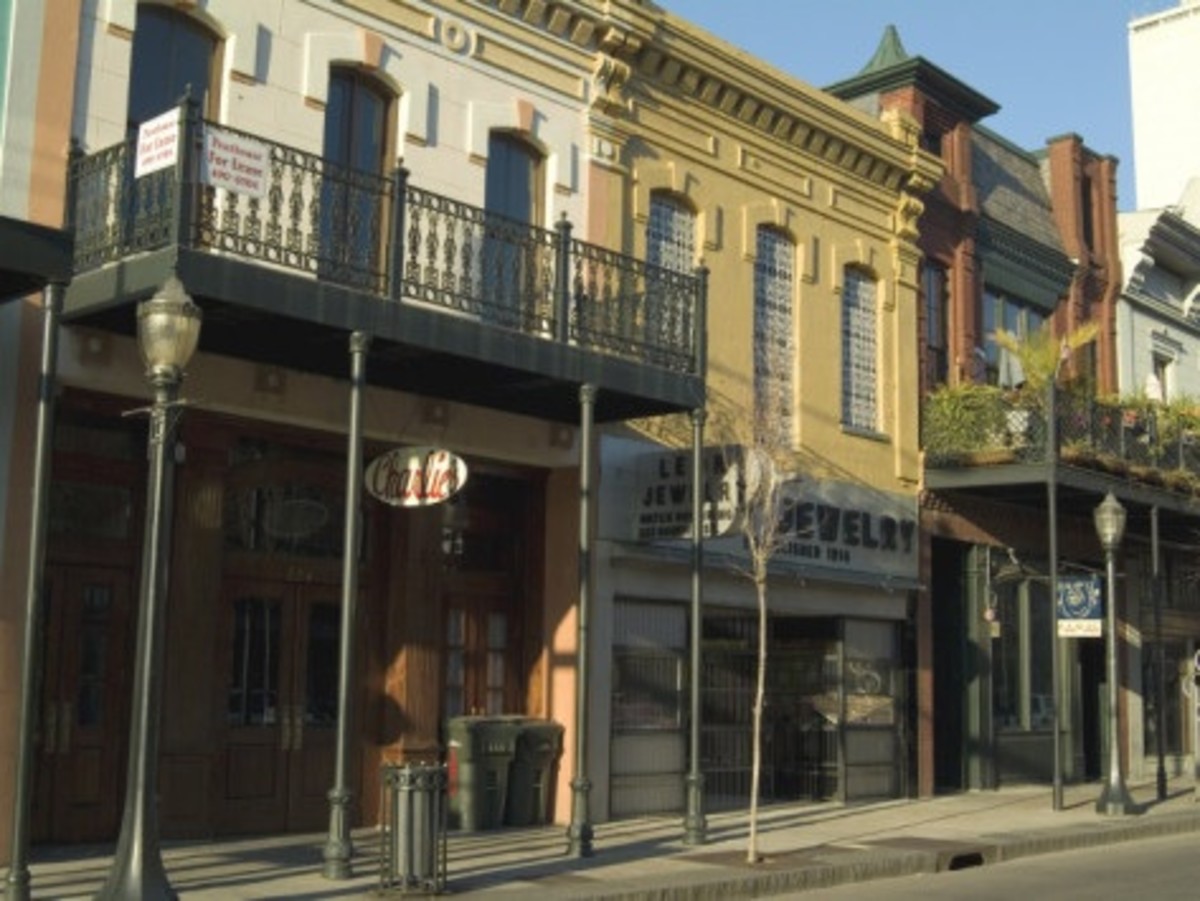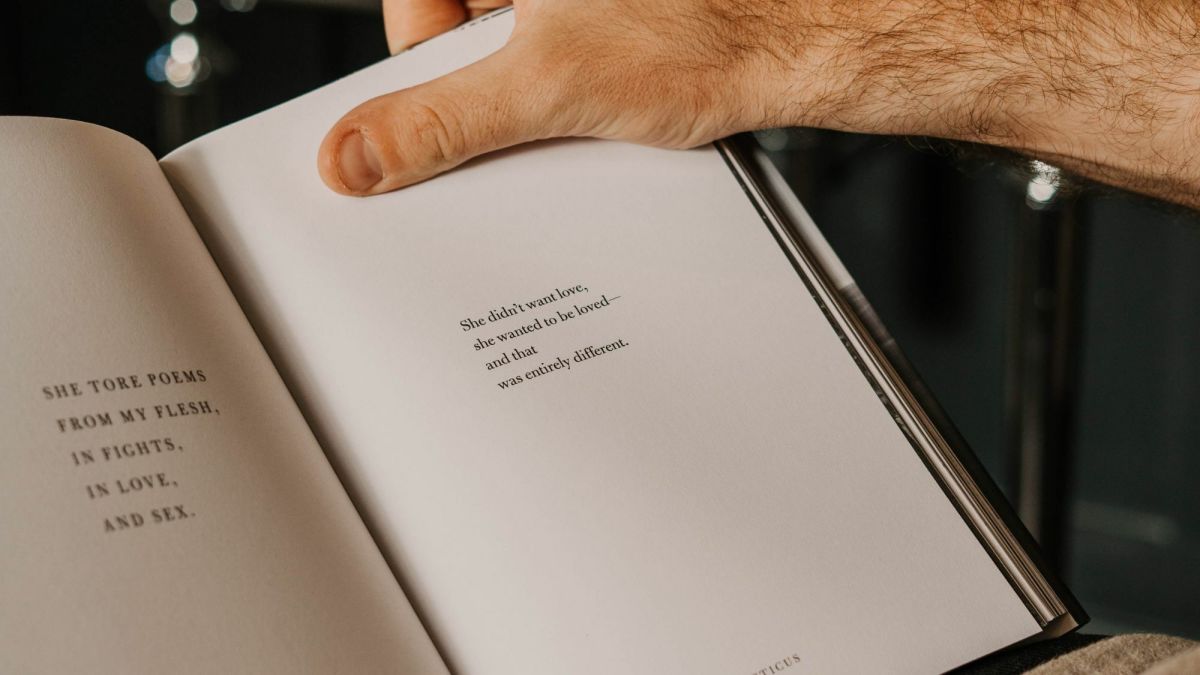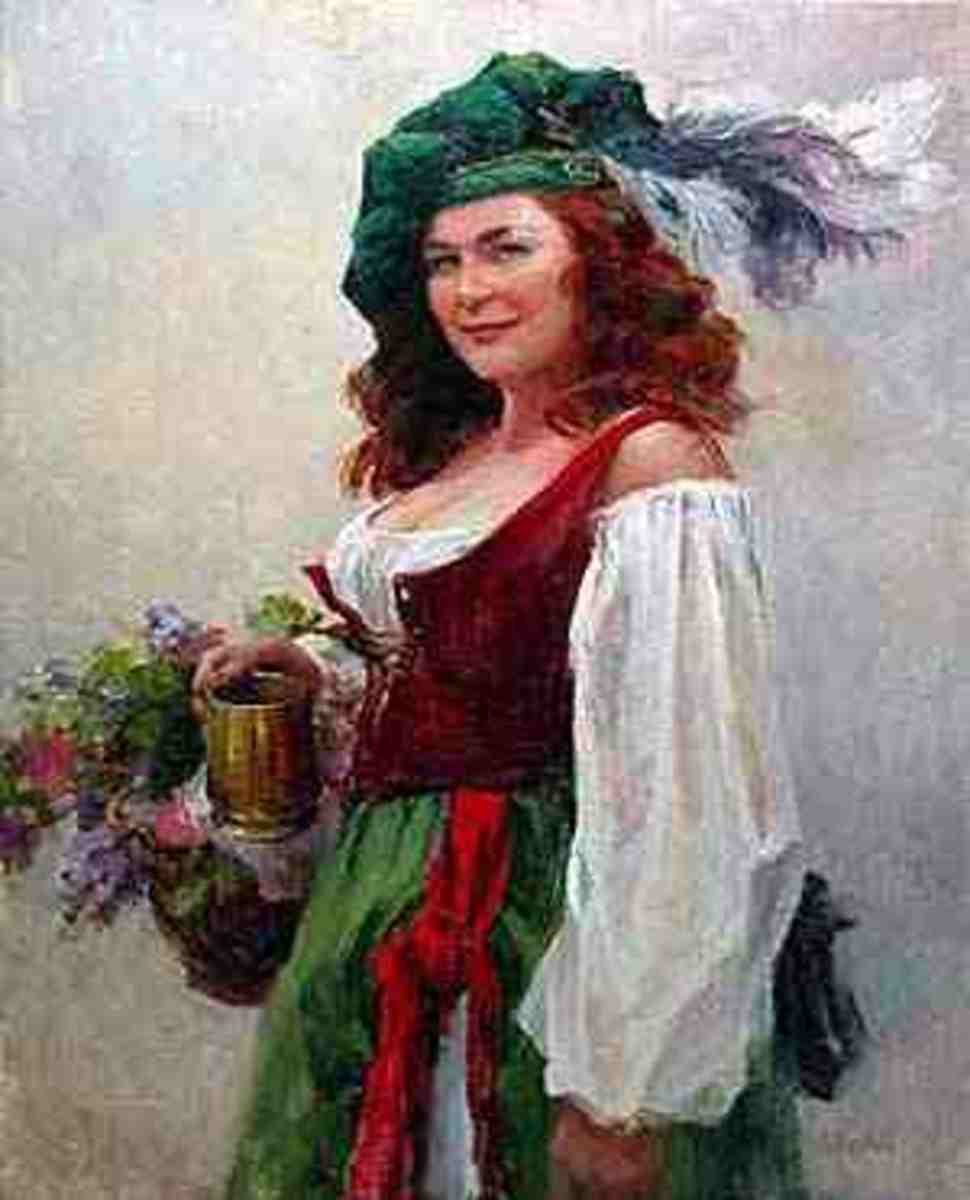"Citizens of Beauty" Enter the Poem
In the years when I wrote the poems of Diwani, “The Boredom of Ships” (released in 2016), I was discovering the city of Algeria - where I live - and trying to find a way to write about reaching the twentieth in a closed city that only opens on a distant marine horizon. I was walking in the streets of the little mountain, up and down, and at every turn I was inspecting that blue horizon. My father has always said that it is difficult for a stepper to get lost in the city of Algiers. He just has to descend to find himself walking towards the sea. Walking in the streets, discovering the long and narrow stairs, seeking between friends' houses that became ports for the lounger, and the constant search for a place to park the car and smuggle it from the eyes of the police ... All this led me to draw my own map of the city of Algeria. Then Senak came! Thus, like a legacy left behind by a relative. One morning, in front of a veranda open to the sounds of the street, a friend in front of me placed a small marble table on a glass of water and a huge blue book: the poetic works of Jean-Senac in French.
Senac's arrival was evident at this point in my life. That huge blue book - and other smaller books later on - was an ancient compass, not necessarily referring to the north, but it was helping to advance my own map. An Algerian poet of European descent, who takes part in the revolution and sends a generation of poets and artists in the Independence Islands later, writes hundreds of poems, lives in a small palace by the sea, then in a dirty cellar in the city center, gay, and dies killed in 1973. From extreme hope to the extreme Despair, from navy blue to the darkness of the basements, from a desperate individual to a people who drunk their independence like fruit blowing sap under the sun, then returning to the same individual ostracized by the same people, the words of Sinak move like someone who sews a wound. I read Senac and translated it for long nights, trying to understand his famous poem “Beauty Citizens”. I searched for his pictures and everything that was written about him. I found a generation of writers and poets who only wrote because Senak told them: "You are poets." After his death, they departed for other worldly affairs, and they only approve of writing when he is lamented. Sinak, with his life and death, answered many of my questions about the meaning of "generation" in literature and politics, and can we talk about the average age of the generation in a country where conditions have not changed for decades?
Jean Senac, with his life and death, answered many of my questions about the meaning of “generation” in literature and politics
After the start of the February 22 movement, a friend, activist and journalist wrote that the movement saved an entire generation of frustration, a generation of militants who saw it being trampled and beaten when five years ago they tried to protest against a fourth term (just as the regime struck and killed others in every confrontation and clash), and found Himself - this generation - in front of the monster who responded to its slogans by beating and arrest, is the one who originally fed the disappointments of previous generations. And this generation today - despite warnings, exhortations and fear - beginnings feels safe and secure amidst the waves of demonstrators rejecting the fifth term today, and concluded by saying: "This movement has given meaning and protection to this generation, but more importantly, it will create new generations of militants, whatever the fate of the present moment." When I read this, I remembered Senac, and how the stalemate of the Bouteflika era that came after a civil war killed, displaced, and displaced people, closed the public domain as never before in these countries, and how the rentier culture thwarted most attempts to find alternative culture spaces. Everyone found themselves children of this closed time, old and young, whose terms expire in a short time and transmit nothing to their successors.
It is too early to talk about mobility, but it is good to say that here he grows up every day and invades the street and changes - on a personal level - my map that defined its streets, its livelihoods, and its protectorates with a new life. The transients became crowds chanting, and the police, who were only chasing cars, were standing to monitor the crowds or to hit and remove them. The only turns I cut through the car without stopping were becoming points of engagement, and the gardens that I knew during the university days I began to shelter in their wall when hitting gas bombs, and quiet, shady streets that did not know one quarrel, their balconies were throwing bottles of water and vinegar for the protesters, and the university tunnel that was not fit in Something has become an echo of the chants ... what will happen next? We cannot answer now, the important thing is that "beauty citizens" entered the poem.

